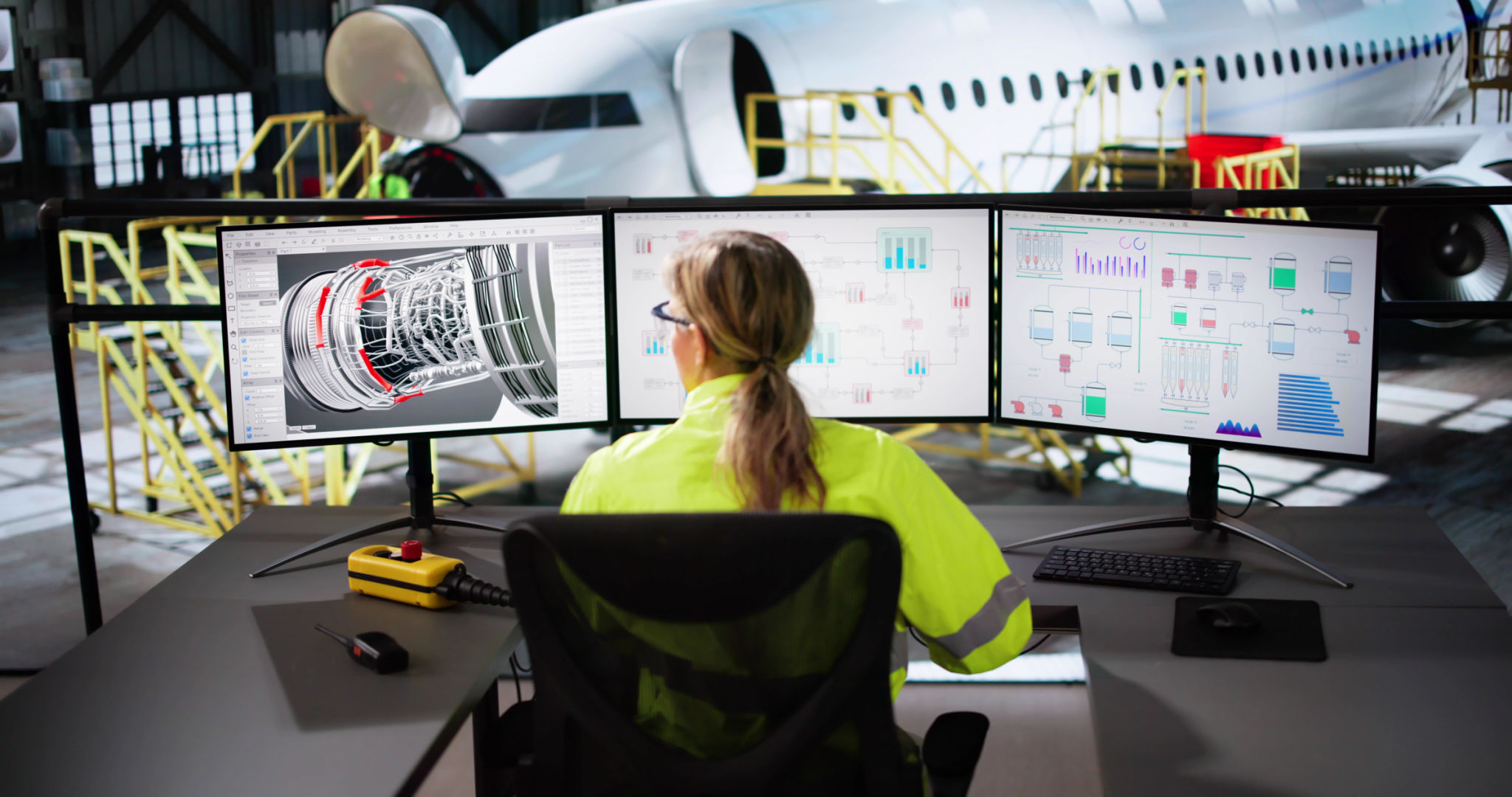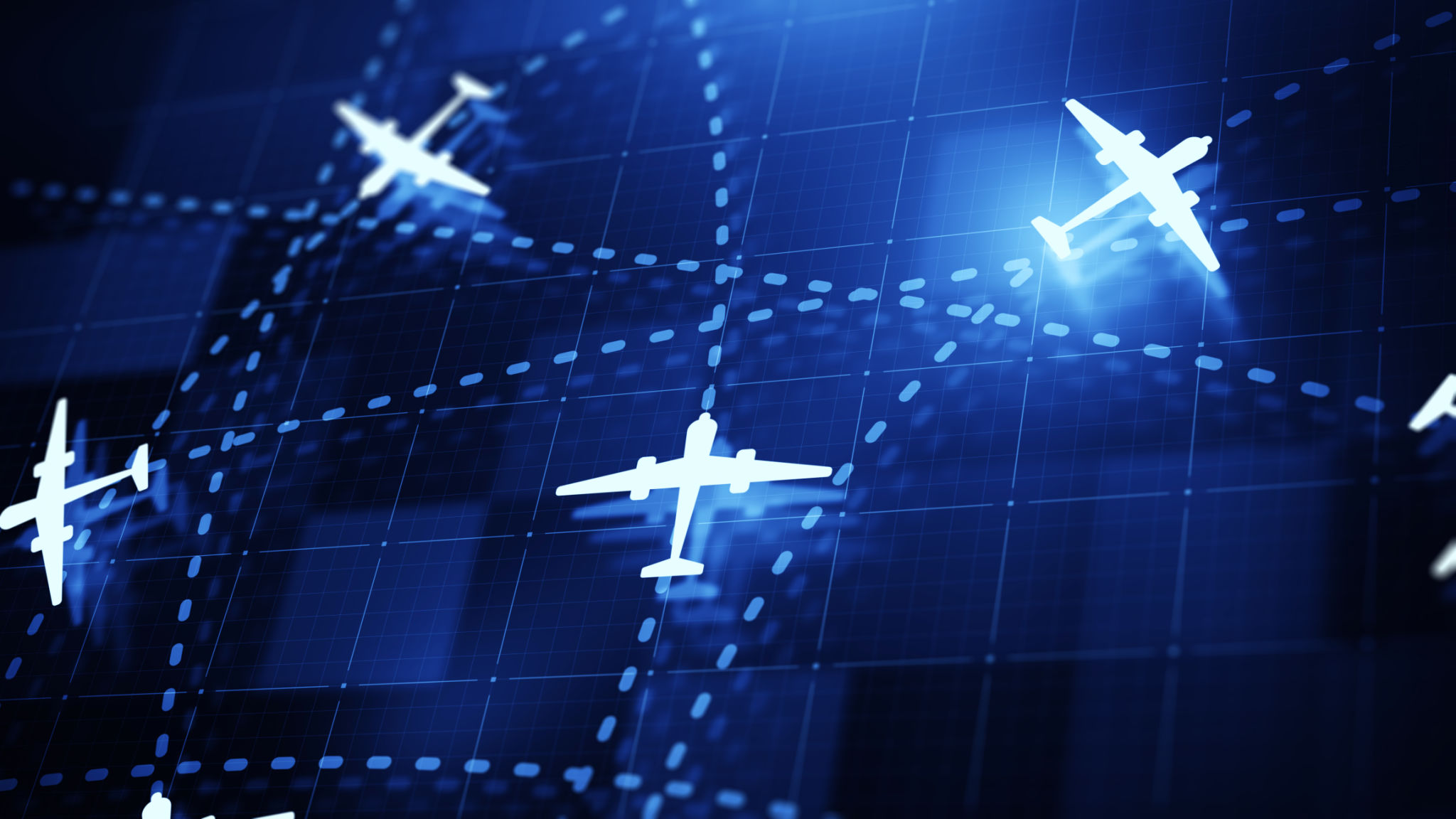Optimizing Aviation Operations with AI: A Look into the Future
The Role of AI in Aviation Operations
In recent years, the aviation industry has increasingly turned to artificial intelligence (AI) to streamline operations and enhance safety measures. From predictive maintenance to optimizing flight paths, AI is set to transform aviation in ways previously unimaginable. Airlines and airports are embracing these technologies to reduce costs, improve efficiency, and offer better services to passengers.

Predictive Maintenance and Reduced Downtime
One of the most significant advantages of AI in aviation is its ability to predict maintenance needs before they become critical. By analyzing data from aircraft sensors, AI systems can detect anomalies that might indicate potential failures. This allows for timely interventions, minimizing unscheduled downtime and avoiding costly repairs. Airlines can thus maintain high levels of aircraft availability while ensuring safety and reliability.
Furthermore, predictive maintenance contributes to enhanced operational efficiency. By scheduling repairs and part replacements at optimal times, airlines can better manage their fleets and reduce overall maintenance costs. This proactive approach not only prolongs the life of aircraft components but also enhances passenger safety.
Optimizing Flight Paths for Efficiency
AI-driven systems are revolutionizing how flight paths are determined. Traditional flight planning often involves fixed routes that may not be the most efficient. With AI, airlines can analyze real-time data, including weather conditions and air traffic, to determine the most efficient routes. This not only reduces fuel consumption but also lowers emissions, contributing to a more sustainable aviation industry.

Moreover, AI can assist air traffic controllers by providing advanced warning of congestion or potential conflicts. This enables smoother air traffic management and reduces delays, leading to a better experience for passengers and more efficient use of airspace.
Enhancing Passenger Experience with AI
AI technologies are also being leveraged to enhance the passenger experience at every touchpoint of their journey. From personalized recommendations during booking to real-time updates on flight status, AI helps create a seamless travel experience. Airports are using AI-powered kiosks for faster check-ins, while virtual assistants provide travelers with instant information and support.
Additionally, AI facilitates better in-flight experiences. Airlines are using machine learning algorithms to analyze passenger preferences and provide tailored entertainment options and services. This level of personalization not only improves customer satisfaction but also builds brand loyalty.

The Future of AI in Aviation
The future of AI in aviation looks promising as advancements continue to emerge. From autonomous aircraft operations to enhanced security measures, the possibilities are endless. As AI technologies become more sophisticated, they will play an even greater role in shaping the future of aviation.
Airlines and airports that invest in AI will not only gain a competitive edge but also drive the industry towards a more efficient, safe, and sustainable future. The integration of AI into aviation operations is not just an option but an essential step towards future-proofing the industry.